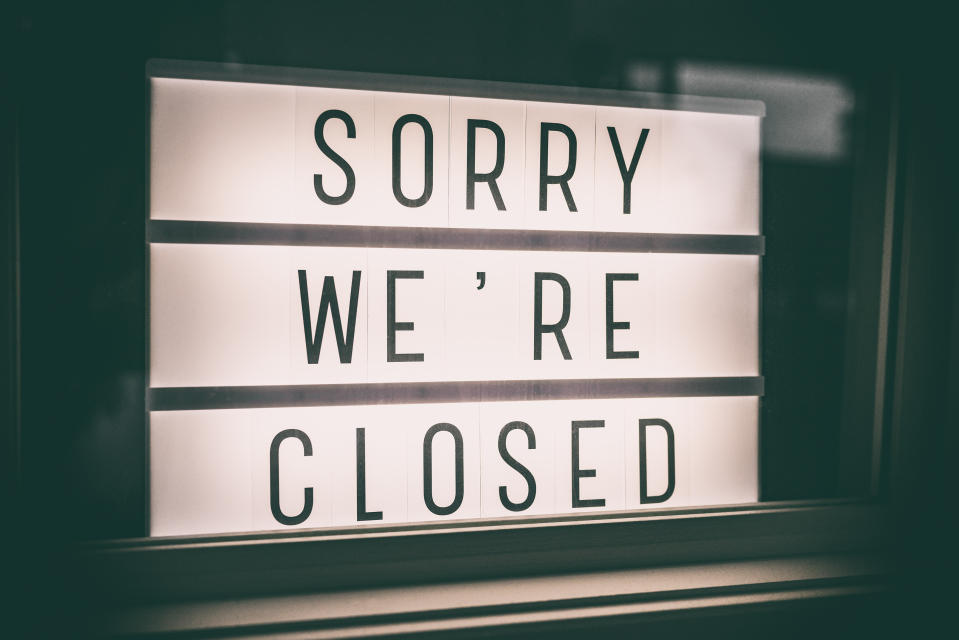Why Small Businesses Are Starting to Say ‘No Thanks’ to the Government’s PPP Loans

Click here to read the full article.
The U.S. government’s financial lifeline for small businesses continues to be a source of much debate in Washington and on Main Street.
The Small Business Administration’s Payroll Protection Program — introduced in March as part of the $2.2 trillion CARES Act, to provide loans to companies impacted by the coronavirus pandemic — has been a boon to many struggling business owners. But not everyone is opting in.
More from Footwear News
House Green-Lights $484 Billion Stimulus Bill to Boost Small Businesses -- What's Next
This Is What the SBA Is Doing to Make Sure Big Companies Don't Get All the PPP Funds
Retail Industry Cheers Senate Approval of New Stimulus for Small Businesses
According to data from the Census Bureau, 78.1% of small business in the retail sector applied for PPP loans during the week of April 26, and that number fell slightly to 76.4% during the week of May 10, pointing to fewer applications for assistance.
Some retailers may no longer need the financial support, now that states are allowing non-essential stores to resume operations. And they may not want the hassle.
Critics of the PPP have long taken issue with the strict rules around qualifying for loan forgiveness. The two most contentious requirements are that borrowers use the money within eight weeks and that they spend at least 75% of the funds on payroll costs, in order to qualify for full loan forgiveness.
Last week, Treasury Secretary Steve Mnuchin faced tough questions from members of the Senate Banking Committee, asking him to amend some of the stipulations for the program. Last Friday, the Treasury and the SBA did release new PPP guidance that provided some clarity about the rules, but they did not address those two major concerns.
Washington lawmakers have proposed their own fixes: The Senate could vote this week on a bill that would double the loan forgiveness deadline to 16 weeks. And a separate piece of legislation circulating in the House proposes extending the period to 24 weeks, and eliminating the 75% rule.
The PPP program has been riddled with issues since its inception. In mid-April, the SBA announced that the initial $349 billion allotted by the CARES Act had run out, in part because many large public companies were able to secure big payouts thanks to loopholes in the regulations defining small businesses.
Another $310 billion was soon added to the SBA program’s coffers, and reportedly $140 billion of that money is still unclaimed one month later, signaling the government has met much of the demand for loans. In fact, according to the Census Bureau, 68.3% of small retailers who applied for the PPP had received funds, as of the week of May 10.
Sign up for FN's Newsletter. For the latest news, follow us on Facebook, Twitter, and Instagram.

 money
money 